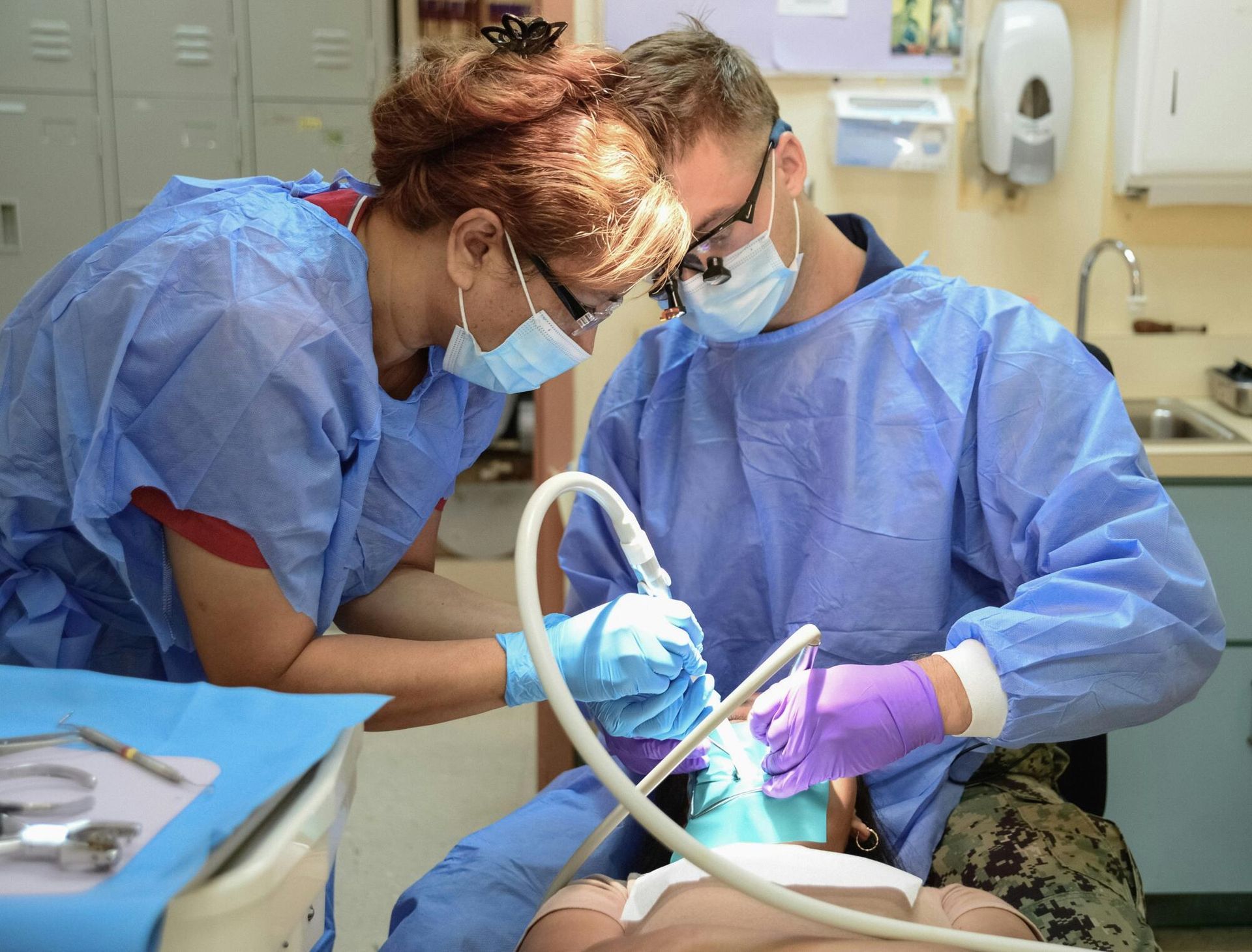TMJ in Kids: What Parents Should Know and Treatment Options

No parent enjoys watching their child struggle through pain alone. From the pain of teething to the ache of an injury, there's nothing worse than seeing your little one grit their teeth in agony!
Because it can be long-lasting without proper treatment, TMJ in kids can be the same way. This jaw pain is the second most common type of musculoskeletal pain in the world, with almost a third of the population having at least one symptom. Worse, this condition is trickier to treat than your average toothache!
If your child has been upset about jaw pain on one side or both sides of their mouth, here's what to know about identifying and treating this disorder.
What Is TMJ?
TMJ stands for "temporomandibular joint." Everyone has two, with one on each side of the jaw. These joints connect the jaw to the head, allowing you to open and close your mouth.
TMJ disorder refers to a disorder of this joint. If your child feels pain or discomfort related to their TMJ, you should seek treatment at Dental Care Burke for this frustrating condition. TMJ disorder can affect any child at any age, but the disorder is more common in teenagers.
What Are the Symptoms of TMJ in Kids?
Your child is most likely to complain about TMJ symptoms around their jaw. The pain and discomfort is often centered right in front of the ears. However, TMJ pain can also spread throughout the head, neck, ears, and face.
Kids with TMJ may also have a hard time chewing or biting their jaw. They may have pain when they clench it or have trouble opening it again. Sometimes, this goes hand in hand with a popping or clicking sound as they open and close their jaw.
Without intervention, TMJ symptoms can sometimes happen on and off for years. Some patients experience short-term issues, while others have lifelong problems without treatment. The outcome depends on what caused the disorder and its severity.
If your child has smaller flare-ups, you can expect them to last for a few days to weeks. The symptoms of smaller flare-ups are sometimes easier to treat at home.
What Causes TMJ Pain in Children?
TMJ disorder can happen for several reasons. Many young patients find that their pain has several causes.
Jaw Injury
If your child has had a recent jaw injury, it may be the cause of their TMJ pain. This is even more likely if the injury fractured or dislocated the jaw.
Teeth Grinding
Outside of an injury, teeth grinding (also called "bruxism") is one of the most common causes of TMJ disorder. Repeated clenching of the jaw can cause bite misalignment or move the joint out of proper alignment.
Sometimes, it can be difficult for parents to pinpoint this as a cause, especially with young kids. Children may grind their teeth without knowing when they sleep at night. They may also do it as an automatic emotional response to stress.
Bite Misalignment
Bite misalignment (or "malocclusion") can sometimes be the culprit. This happens when a child's teeth don't fit together as they should. In some cases, severe misalignment can cause jaw aggravation.
How Do You Treat TMJ Pain at Home?
If your child complains of mild TMJ pain or you're waiting for your next appointment, you can try home treatment to relieve discomfort. Sometimes, a few simple changes are all you need!
Use a Hot or Cold Compress
For immediate relief, one of the best non-drug treatments is hot or cold therapy. However, be careful to monitor your child while they use an ice or heat pack.
Eliminate Bad Habits
Beyond pain relief, the next step is getting rid of habits that make TMJ pain worse. This includes any habits that involve repeated clenching of the jaw, such as the following:
- Using teeth as tools to open packages
- Chewing sticky candies and gum
- Nail biting
- Lip chewing
Help your child become more mindful of these habits, and try replacing them with jaw-friendly alternatives like playing with a fidget toy instead.
Change Your Child's Diet
Tough cuts of meat, crunchy fruits and vegetables, and chewy baked goods can be hard on the jaw. Replace them with a TMJ-friendly diet that includes softer foods like baked fish or roasted vegetables. Anti-inflammatory foods may also help with any lingering jaw pain.
Address Stress
One of the best natural remedies for TMJ pain is to deal with stress. Try to help your child pick up self-care and relaxation techniques they can use when they're anxious. Older kids may enjoy yoga or meditation, while younger kids may enjoy the stress-busting benefits of exercise.
Fix Poor Posture
Another tip for successful TMJ disorder treatment is to work on posture issues. This is especially important for teens who sit at a desk or computer most of the day! Try to help them avoid slouching, and audit their desk setup to be sure it's ergonomic.
Address Bruxism
If you think your child grinds their teeth, addressing bruxism is a crucial thing to do for TMJ tooth pain! Reach out to your dentist for help. Often, they will recommend a custom mouthguard.
What Can a Dentist Do for TMJ Pain?
A TMJ specialist may try several treatment approaches.
In many cases, your dentist will want your child to wear a mouthguard. They may also help treat a misaligned bite to reduce clenching.
To address pain, a dentist may recommend muscle relaxers or offer dental TENS treatment to relax the jaw and minimize inflammation. In some cases, physical therapy exercises may also help relieve your child's pain.
Contact a Children's TMJ Dentist Now
If you're struggling to help your child deal with TMJ pain, you don't have to do it alone! Visiting an experienced dentist can help.
At Dental Care Burke, we're here to address all symptoms of TMJ in kids. Our in-depth exams and customized treatment plans target the problem areas that have most likely caused a flare-up of this painful condition. Schedule your little one's TMJ consultation today to get the answers and pain relief you've been looking for!












